How a Multispecialty Group Transformed Front Desk Operations Across 32 Locations
Note: The medical group featured in this case study has chosen to remain unnamed.
Overview:
Note: The medical group featured in this case study has chosen to remain unnamed.
Overview:
Overview:
Overview:

The rise of Artificial Intelligence (AI) in various industries has been undeniably transformative. Renowned players like ChatGPT, Google Bard, and Amazon's Alexa have showcased the prowess of AI. As its prominence grows, many wonder about the potential applications of AI in the healthcare sector.
One of the most promising uses of AI in healthcare revolves around enhancing the patient experience and bolstering operational efficiency through automation. Central to this is Natural Language Processing (NLP) technology, a subset of AI that facilitates computer understanding of human language. Through NLP, machines can grasp the intent behind words, enabling seamless interactions with users.
For healthcare practices, this technology means the potential to handle tasks like appointment scheduling or answering patient inquiries via text, eliminating the need for additional app installations. A leading example of this capability is Holly AI Assistant, which expertly manages incoming calls, texts, and web visits, navigating the intricacies of scheduling and follow-ups just as a human would.
Here are a few benefits of resorting to AI Automation when it comes to scheduling workflows:

In today's fast-paced world, appointment effectiveness is crucial for maximizing productivity and improving your bottom line. Whether you're in primary care, specialized care, or mental health, getting the patients booked is only half the battle; you need to ensure those hard-won appointments happen to remain competitive and avoid revenue loss. In this comprehensive guide, we will unravel the secrets of appointment effectiveness and provide you with 5 essential tips to master this skill.

In the first part of this blog, we shared why creating a Google Workspace account with your Gmail is a basic need for your practice. The tech giant has over 2.6 billion active monthly users and all the tools you might need to boost your practice, all meeting the highest security standards for patient information protection.

We know you are already familiar with Gmail, but few people know about the benefits of Google Workspace, and the hundreds of marketplace partners it comes with, for your practice. Previously known as G-Suite, Google Workspace is the Google environment that includes Gmail, Drive, Meets, Forms, and more for all-sized businesses such as your practice. With more than 2.6 billion monthly active users, this software will help your practice reach its true potential and increase your productivity.

You are a fantastic, talented therapist. Any individual looking for therapy would be lucky to find a match with you, but are you making it easy on them to find you? Having a great website and a strong online presence helps you connect with more patients and allow you to make a greater impact. Here are 6 marketing tips you can use to improve your web presence and boost your marketing strategy according to the American Psychology Association’s magazine, Good Practice (winter 2020 issue)

Have you spent hours scouring the web for the right resources to use with patients, tools for your practice, or content to improve professionally?
We know you have. We also know how hard you work to provide the best care for your patients… That's why we compiled a list of websites with tools and resources - worksheets, ideas, psychology blogs, telehealth, software - to help you focus on being the best therapist you can be while taking into account a work-life balance.
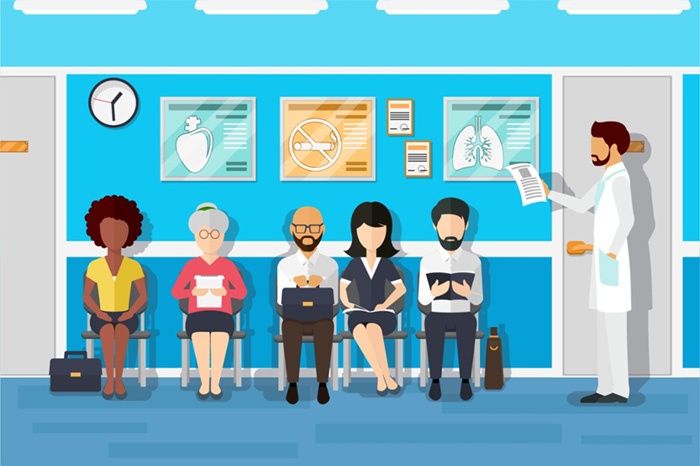
Patients have several types of recurring treatments: Bi-annual teeth cleaning, annual physical, eye exams, etcetera. These are typically booked long-term, far in advance; hence, very easy to forget and book over. No one to blame here. From the practice's perspective, they're also too busy with other urgent tasks and current patients to manually call and remind old patients it's time to book that followup.
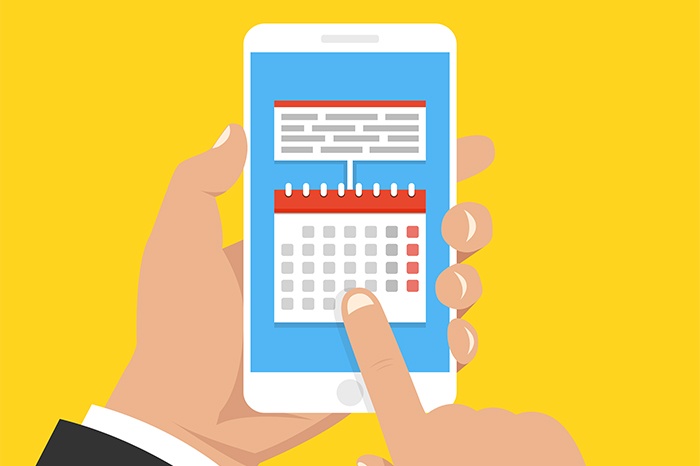
At any practice, the phone is buzzing all day with patients' requests. If a patient calls to check on their prescription, the front desk must give them an individualized, appropriate answer. This interaction simply cannot be avoided or automated. But what about appointment request phone calls...?
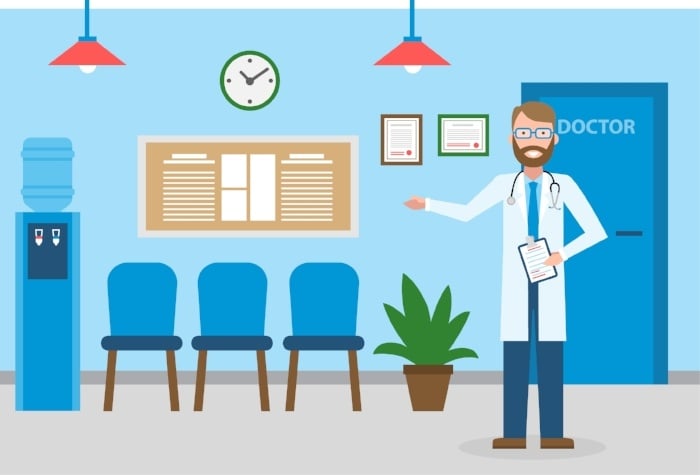
How common is it that patients cancel their appointments and never reschedule?
Are you aware of how this issue is damaging your practice?
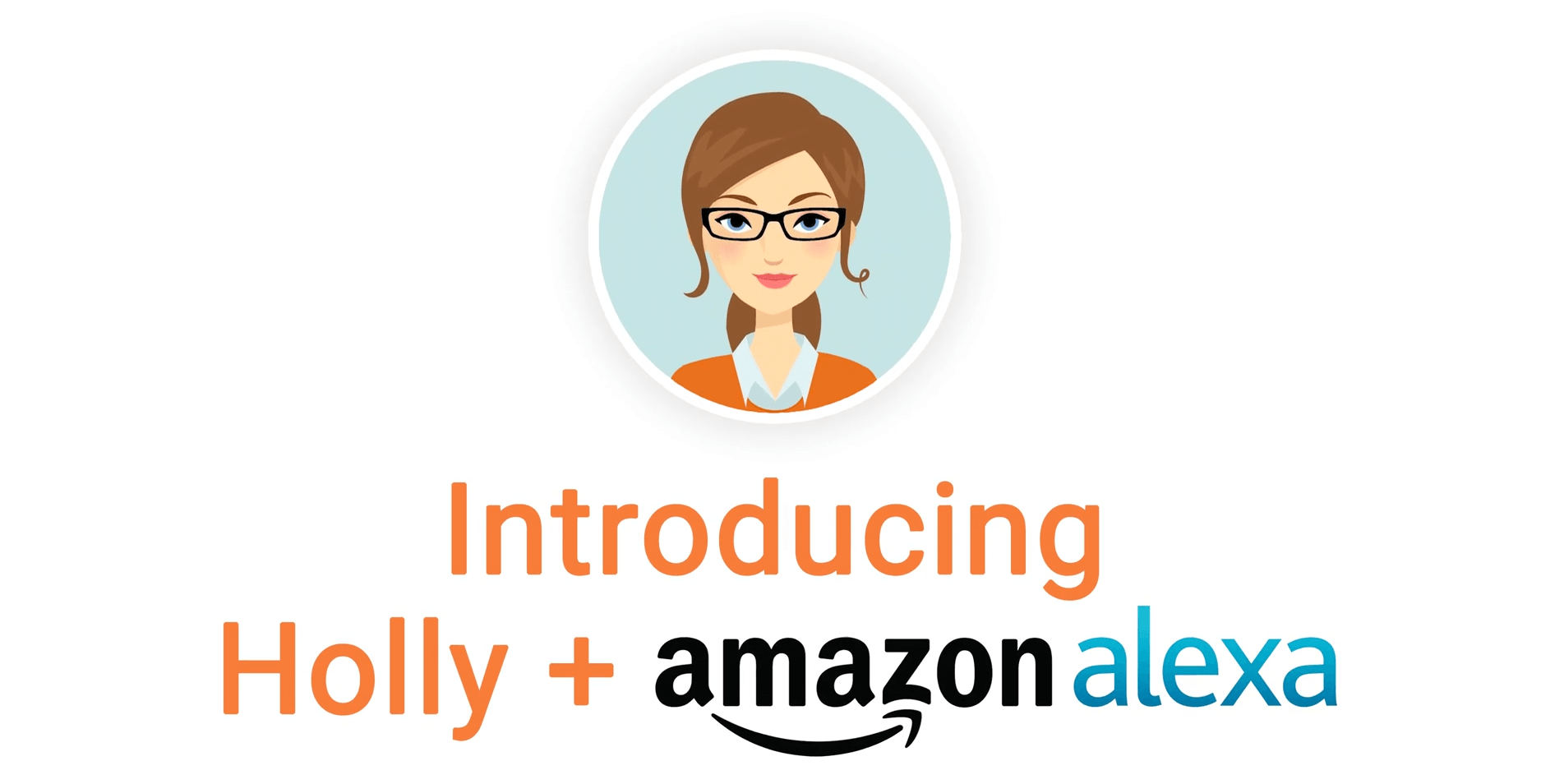

Let’s cut to the chase—running a medical practice is expensive. Really expensive. And if you’re reading this you know that. The good news is, there are four easy ways to quickly improve the bottom line of your practice. Doubt it? We’ll prove it to you...

Nimblr.ai, artificial intelligence startup, has been accepted into the Spring 2018 program for StartX, Stanford University’s accelerator.
What is the best type of reminder for your patients? Finally, we give you an answer.

Now drchrono users can simply and seamlessly connect their calendars with Holly, enabling automated two-way texting with patients.

Certainly before making any big purchase, you crunch the numbers to analyze how it will make your life easier. If it’s a new car, you’ll calculate how much gas it would consume and the amount of years you anticipate owning it. If you analyze these with purchases in your day to day life, why not also do it to improve your practice?

At Nimblr.ai we believe that easy communication between patients and medical office staff is vital to both parties to obtain best results. Our guest blogger, Lorena Santibañez, tells us about her experiences with reminders and appointments scheduling, as a busy, working Mom.
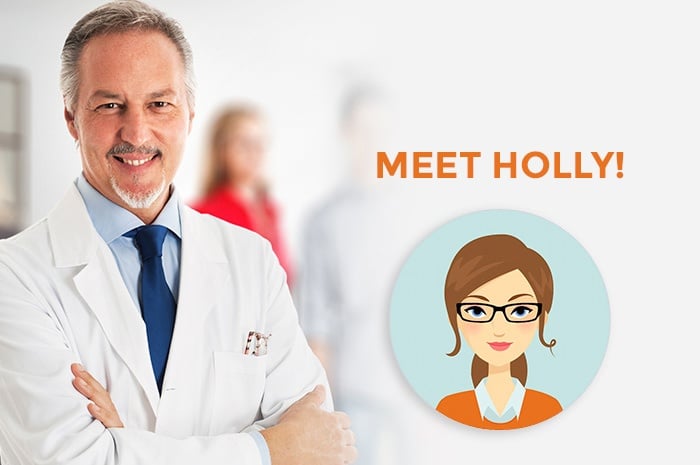
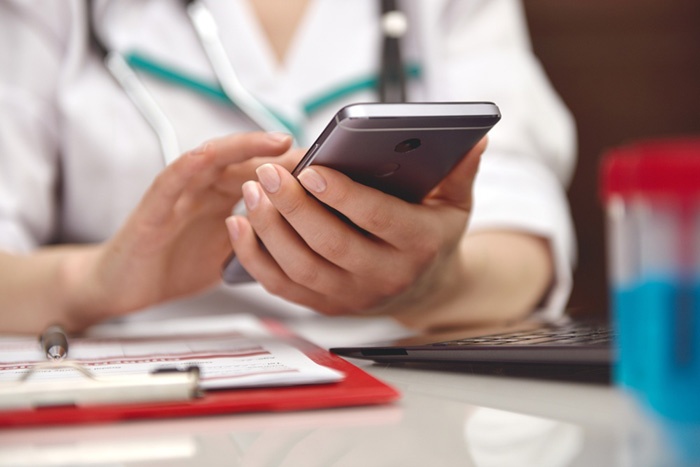
The messaging revolution also applies to the healthcare industry. Read more to know why.
In your personal time you’ve probably intuited how much easier it can be to communicate with people by messaging and texting than by phone calls. Maybe you’ve noticed a decrease in using the telephone to make plans. Perhaps you don’t bother leaving voicemails anymore, or you don’t check them — if it’s urgent or quick, they’ll just text me, you figure. Calling people might even, in some situations, feel like an imposition on their time or an intrusion on their space.

Are you wondering how to integrate technology into your practice?
Here’s a fun fact: 80 percent of healthcare professionals use smart phones. Most of them use texting as a means to stay connected with their patients, as well as confirm, and cancel appointments.

Providing the best service for your patients is a difficult task, right? Holly can help you with that. Learn how!